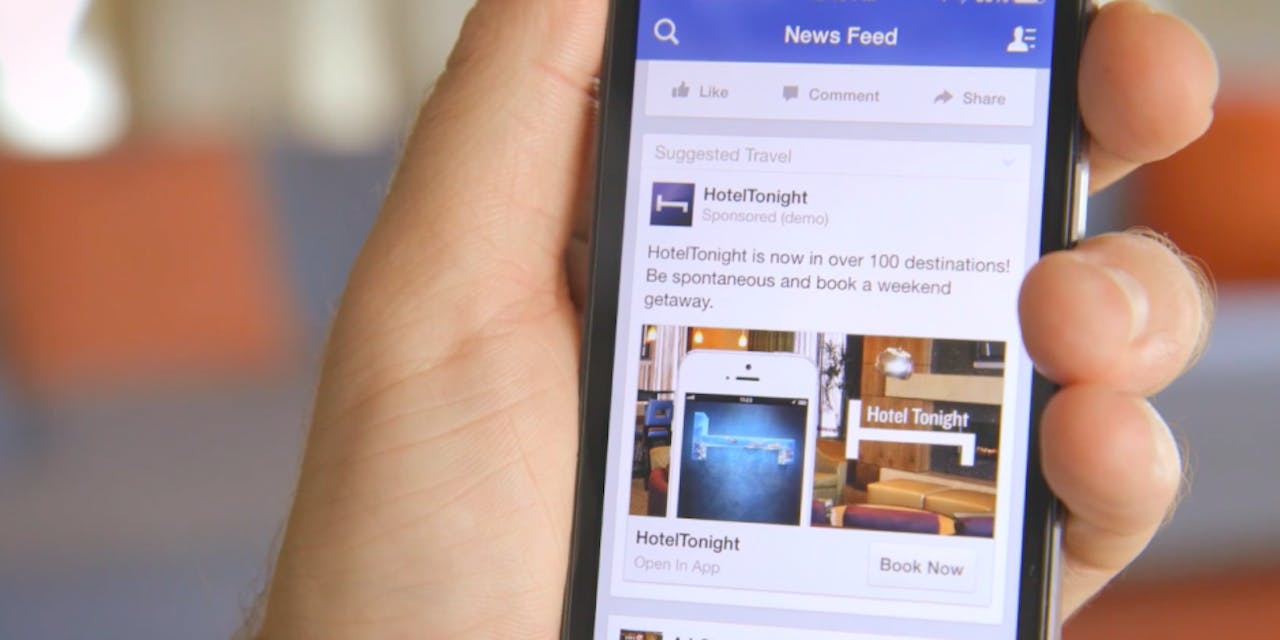
"One reason for the discrepancy was advertising space on the internet was infinite, whereas space in a printed newspaper was relatively scarce, and could be made scarcer by publishers cutting paging at times when the price of newsprint was going up. In traditional advertising terms, when demand for space exceeds the supply, the price goes up, but on the internet the supply is limitless."
"Nowhere did this become clearer than at the Guardian. Despite becoming one of the largest and most influential English-language newspaper websites in the world, with 155 million monthly browsers in April 2016, it posted a £69m loss for the year (and a total loss of £173m, after exceptional items and write downs) as, like other newspapers, its print circulation and advertising revenue sharply declined."
Traditional newspaper publishers gained digital audiences but could not replace lost classified and print revenue. Internet advertising supply proved effectively limitless, eliminating the scarcity that previously supported high print ad prices and driving down rates for publishers. Google and Facebook adopted models that attracted mobile ad spend, capturing much of the revenue that once flowed to newspapers. The Guardian, despite 155 million monthly browsers in April 2016, recorded a £69m annual loss and a £173m total loss after write-downs, while its digital revenues fell as mobile advertising dollars shifted to dominant platforms.
Read at The Drum
Unable to calculate read time
Collection
[
|
...
]